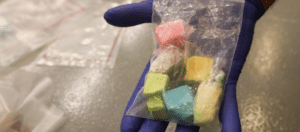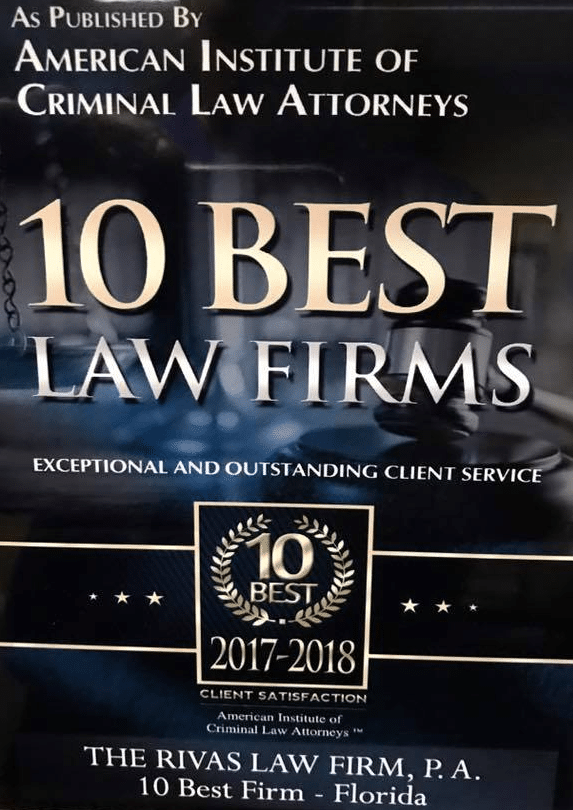Recently enacted Florida drug laws impose higher mandatory minimum sentences and increased punishment for a wide range of drug possession and trafficking charges. The newly revised legislation, Florida Statute 893.135, has a special section ramping up penalties for “trafficking in dangerous fentanyl or fentanyl analogs,” especially so-called “rainbow” fentanyl products that resemble candy.
Those arrested for fentanyl trafficking in Florida face zealous prosecutors and a judicial system that can sometimes undercut legitimate defenses for these allegations. Not everyone caught in the dragnet deserves the full weight of punishment. Anyone arrested for drug possession or trafficking charges needs to mount the best defense possible. Call 407-644-2466 to talk with an experienced and aggressive Orlando criminal defense attorney.
Fentanyl Trafficking Sentencing Changes: HB 1359 and HB 365
Two key pieces of legislation that recently came into effect, HB 1359 and HB 365, increase penalties for the sale, distribution, and possession of fentanyl — and hold individuals accountable for drug-induced deaths.
Under HB 1359, the penalties for the sale and trafficking of fentanyl have been significantly enhanced. The law now imposes higher mandatory minimum sentences for those convicted of selling or distributing fentanyl or fentanyl analogs. It specifically targets the sale of fentanyl to children by making it a first-degree felony to sell, manufacture, deliver, or possess with the intent to sell any form of fentanyl that resembles food or candy, incorporates copyrighted trademarks, resembles branded products, or contains cartoon character imprints.
Additionally, HB 365 introduces a significant change to the definition of drug-induced homicide. Previously, a person could be charged with murder if they were the “proximate cause” of a drug-related death. However, under the new legislation, a defendant only needs to be a “substantial factor” in a fatal overdose to be eligible for the death penalty.
Fentanyl Possession and Trafficking
First, it’s important to know that anyone possessing more than a small amount of an illegal drug will be charged with “trafficking in illegal drugs.” Each drug has a “threshold” amount that marks the difference between possession and trafficking.
Having less than 28 grams of cocaine, for example, is generally called simple possession. It’s a third-degree felony that comes with a prison sentence of up to five years, probation, and a fine of up to $5,000. Possession of 28 grams or more of cocaine, however, is a first-degree felony known as “trafficking in cocaine,” punishable by up to 30 years in prison.
The threshold amount for fentanyl is very low, 4 grams, and even possession of less than 4 grams of fentanyl can lead to a first-degree felony charge (now known as “trafficking in dangerous fentanyl or fentanyl analogs,”) with a 3-year mandatory minimum prison sentence if prosecutors can make a case for intent to distribute.
The mandatory minimum prison sentence for possession of more than 4 grams of fentanyl, but less than 14 grams, has been increased from three years to seven years. The mandatory minimum prison sentence for trafficking 14–28 grams increased from 15 years to 20 years.
The law includes additional penalties for those selling fentanyl to minors. An adult caught providing 4 grams or more of fentanyl to a minor can face up to life in prison. Suspected fentanyl traffickers in Florida are also subject to federal fentanyl charges.
The Importance of a Fentanyl Trafficking Defense Attorney
Given the severity of the penalties associated with fentanyl trafficking in Florida, it is crucial for individuals facing drug-related charges to seek legal representation from an experienced and aggressive criminal defense attorney. Call 407-644-2466 today to schedule a consultation with the Orlando fentanyl trafficking defense lawyers at the Rivas Law Firm.









